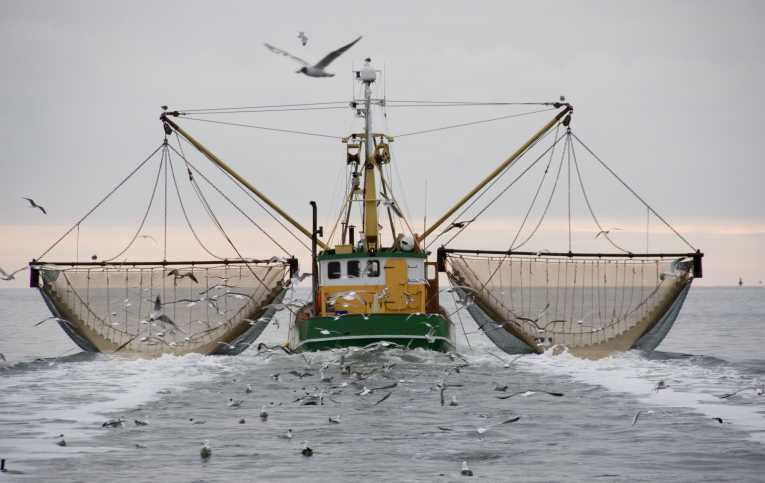An international animal welfare organisation has launched a competition to reduce the amount of sea creatures accidentally caught in fishermen’'s nets, known as by bycatch.
The World Wildlife Fund (WWF) announced the 2011 International Smart Gear Competition until August 31.
Bill Fox, WWF VP of Fisheries, said: ''WWF’s goal with the Smart Gear competition is to inspire innovative ideas for environmentally-friendly fishing gear.''
''In addition to fishermen losing millions of dollars each year due to bycatch, many other species, sometimes endangered marine life, are unintentionally and needlessly killed by antiquated fishing gear, and it is jeopardizing their survival. This competition identifies real-world fishing solutions that allow fishermen to fish smarter while helping to maintain ocean health.''
The competition is offering a first prize of $30,000 and two $10,000 runner-up prizes. Additionally, working with the International Seafood Sustainability Foundation (ISS Foundation), the competition offers a $7,500 prize for the idea that will reduce the amount of bycatch found in tuna fisheries. WWF has identified improvements in tuna fishing as one of its top priorities.
Bill Fox said: “The real work starts the day after the prizes are awarded. WWF then works with each of the winning ideas to bring them to life and implemented in fisheries around the world.”
Since its launch in 2004, the competition has brought forward a number of innovations, including Flexi Grids, which won in 2006 and are now mandatory in blue whiting fisheries in the Faroe Islands and used in an increasing number of other countries.
A winning idea from 2007 called The Elminator, a net designed to reduce the bycatch of cod, is now being used by more than a dozen fishermen in the northeastern U.S. haddock fishery, as well as being adopted by the European Union. Vessels throughout the U.K are also using a modified version of the net.
Bycatch has been identified as an issue of concern for marine conservation. Victims include more than 300,000 small whales, dolphins, and porpoises that die from entanglement in fishing nets each year, making bycatch the single largest cause of mortality for small cetaceans and pushing several species to the verge of extinction.
The National Oceanic and Atmospheric Administration, Fondation Segre, ISSF, and the Canadian Department of Fisheries and Oceans are supporting the 2011 competition. For more information, visit www.smartgear.org.










